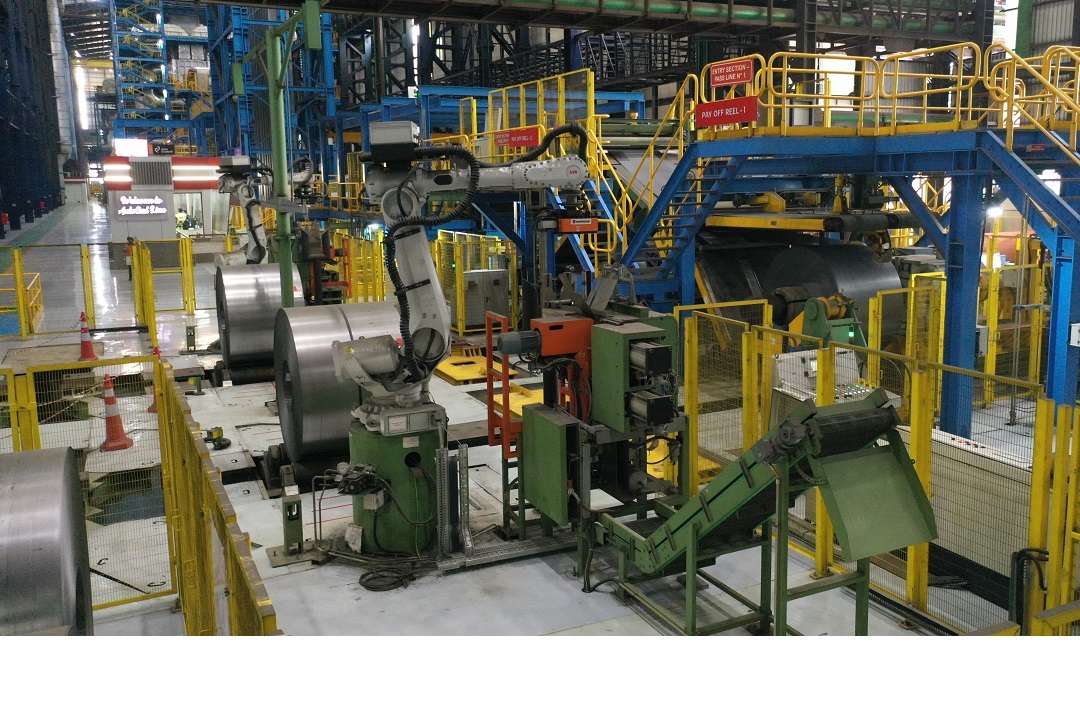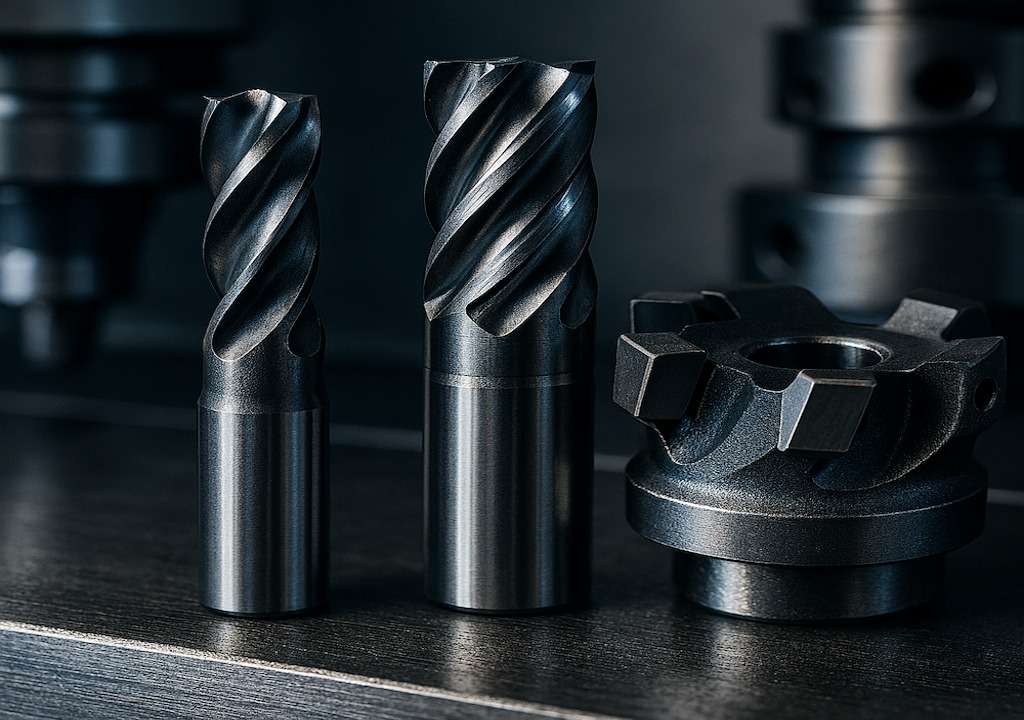ArcelorMittal Nippon Steel India (AM/NS India) announced that it has received a technology licence allowing it to process and use steel slag aggregates in road construction. The technology, developed by the Council of Scientific and Industrial Research – Central Road Research Institute (CSIR-CRRI), enables the company to convert steel slag, a by-product of steel manufacturing, into durable road-building material.
The licence permits AM/NS India to implement this scientific method at its main facility in Gujarat. The company aims to replace conventional natural aggregates with treated steel slag for constructing roads. This move aligns with ongoing sustainability efforts to repurpose industrial waste while reducing the pressure on natural resources.
The use of steel slag in road infrastructure offers multiple advantages. Compared to traditional bitumen roads, steel slag roads are 30–40% more economical and offer triple the durability, resulting in fewer repairs and reduced long-term maintenance. Their robustness also makes them suitable for a wide range of terrains and climatic conditions—from coastal belts to mountainous regions.
As India ramps up its steel production to 300 million tonnes by 2030-31, annual steel slag output is expected to rise to 60 million tonnes. To address this, the Ministry of Steel is encouraging the adoption of this road-building method, in coordination with the Ministry of Science & Technology and the Ministry of Road Transport & Highways. “We are honoured to be the first to receive this licence for converting steel slag into high-value material for infrastructure use,” said Ranjan Dhar, Director and Vice President – Sales & Marketing at AM/NS India.
ArcelorMittal Nippon Steel India is a joint venture between ArcelorMittal and Nippon Steel, operating as an integrated flat carbon steel producer with an annual crude steel capacity of 9 million tonnes and a pellet production capacity of 20 million tonnes. The company produces a diverse range of flat steel products, including value-added steel, backed by advanced downstream facilities.








